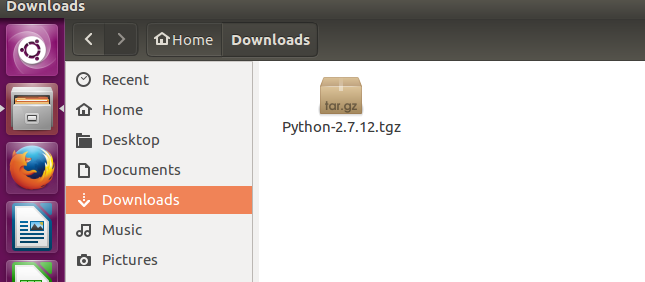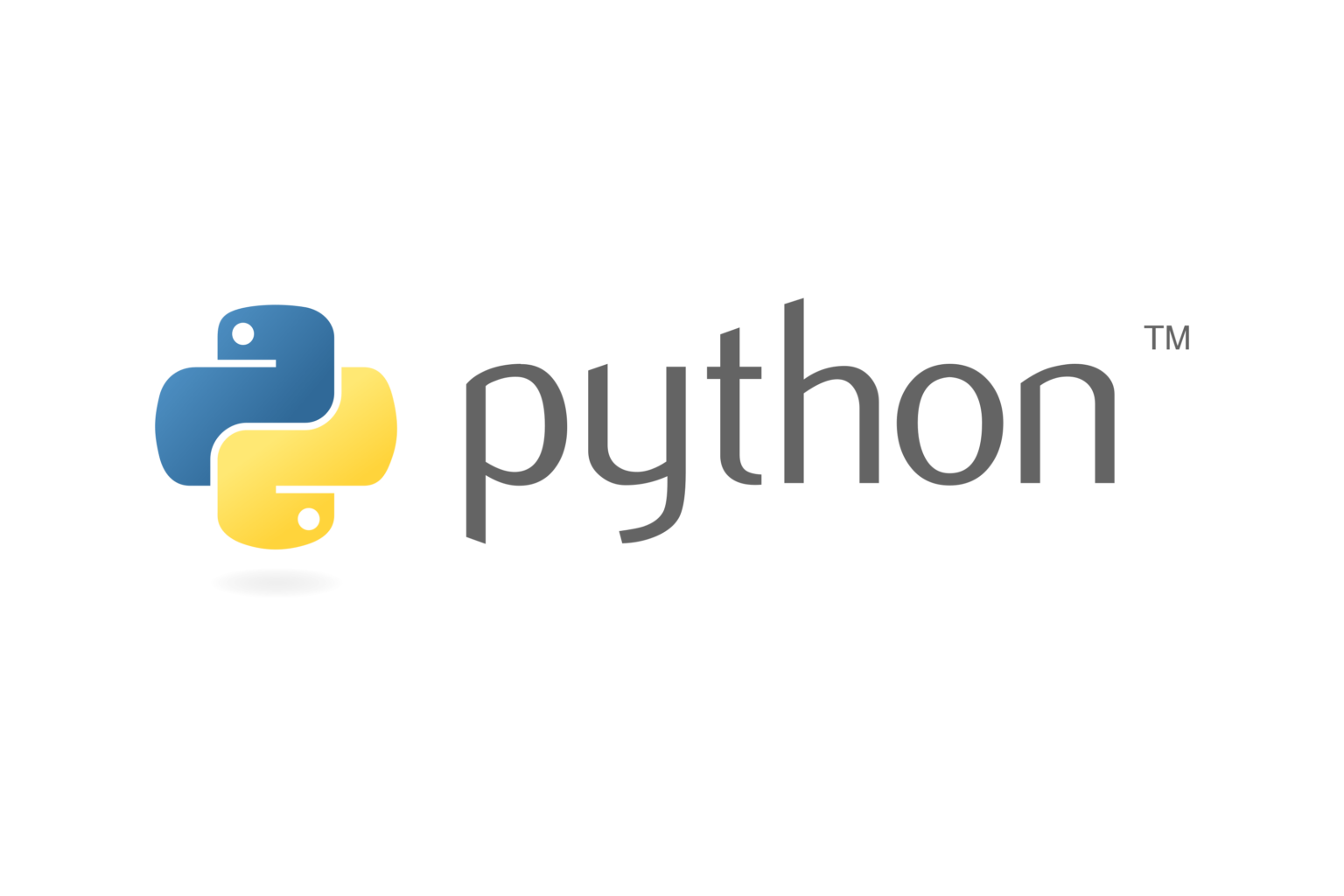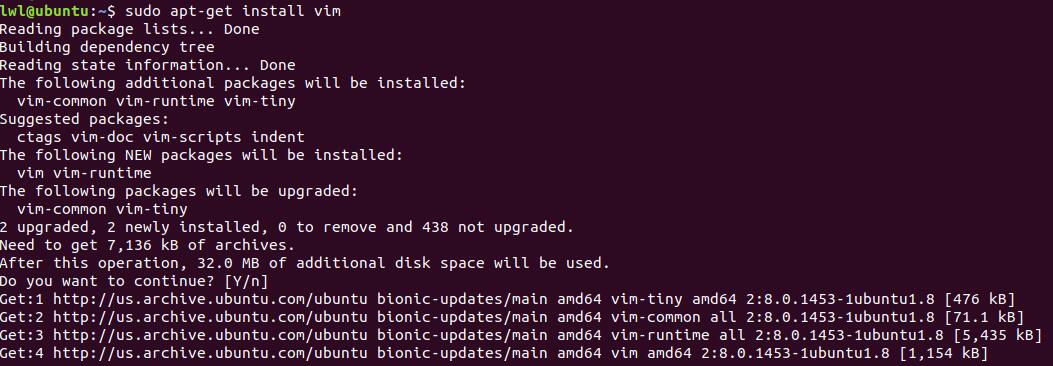

Get the packages needed for compiling PyQt Python bindings to Qt

You would think that a Pyinstaller binary would be more or less independent of libraries, since the binary packages almost all needed libraries. So this tutorial starts on a machine on which you just installed default Ubuntu 13.10. On a ‘development’ machine (hacked by a programmer), you might not be absolutely sure what versions of libraries are used. The reason for a build machineĪ build machine has a well-documented configuration. the overly flexible Linux packaging philosophy: ‘don’t distribute everything, and track dependencies.’įinally, you might need this recipe on Ubuntu 14.04 also.


Many will just use ‘python3’ and the packages provided by Ubuntu. The audience is developers who for any reason want to stick with Python 2.7. (The package ‘python3-pyqt5’ installs with Python 3 packages, and won’t be found if you run ‘python’ instead of ‘python3’.) The problem is that Ubuntu 13.10 defaults the command ‘python’ to version 2.7.5, and Ubuntu repositories don’t provide a compatible PyQt5 package. This tells how to build PyQt5 for Python 2.7 on a newly installed Ubuntu 13.10.


 0 kommentar(er)
0 kommentar(er)
